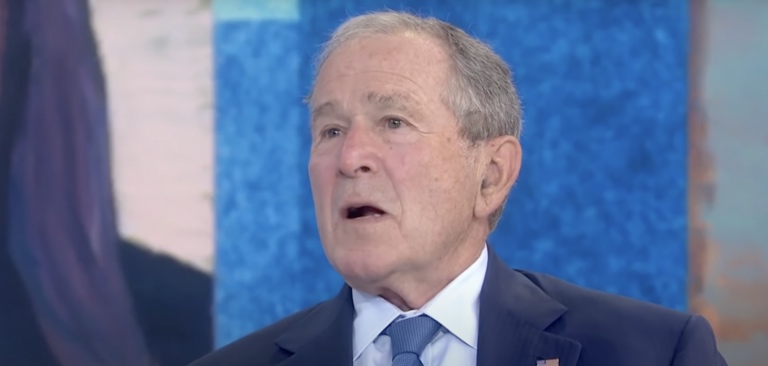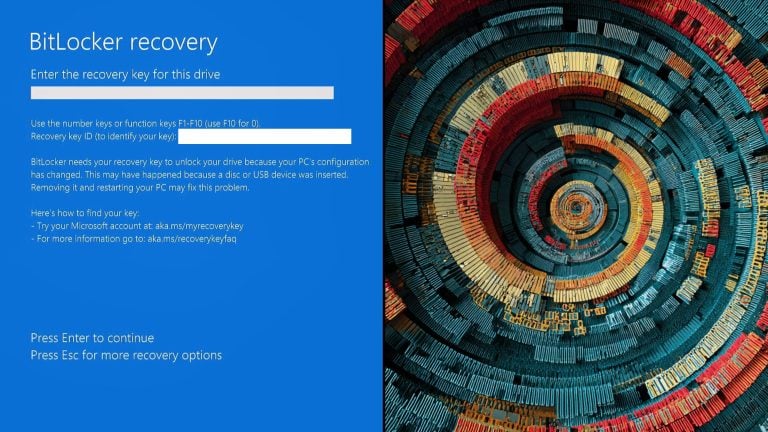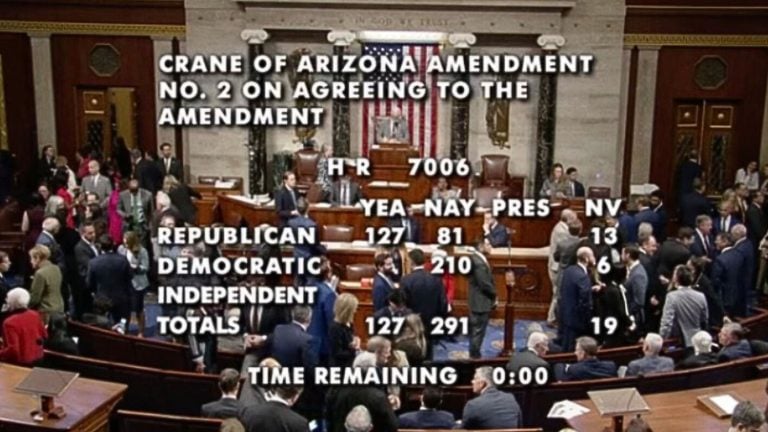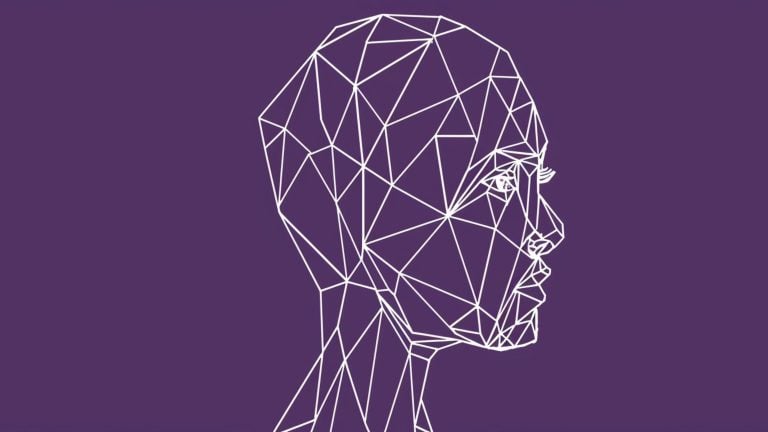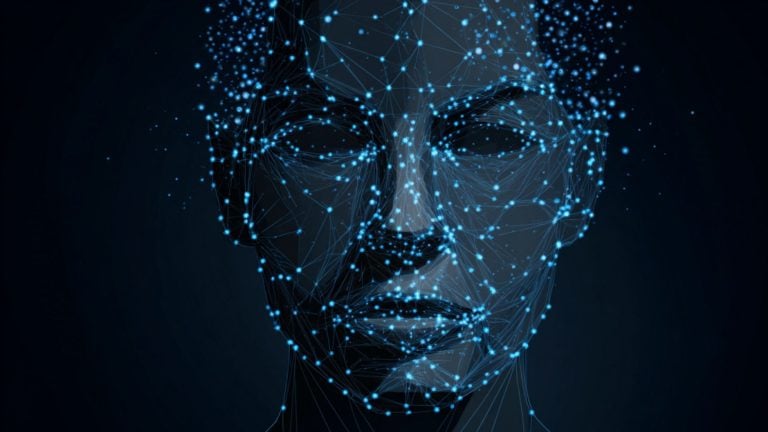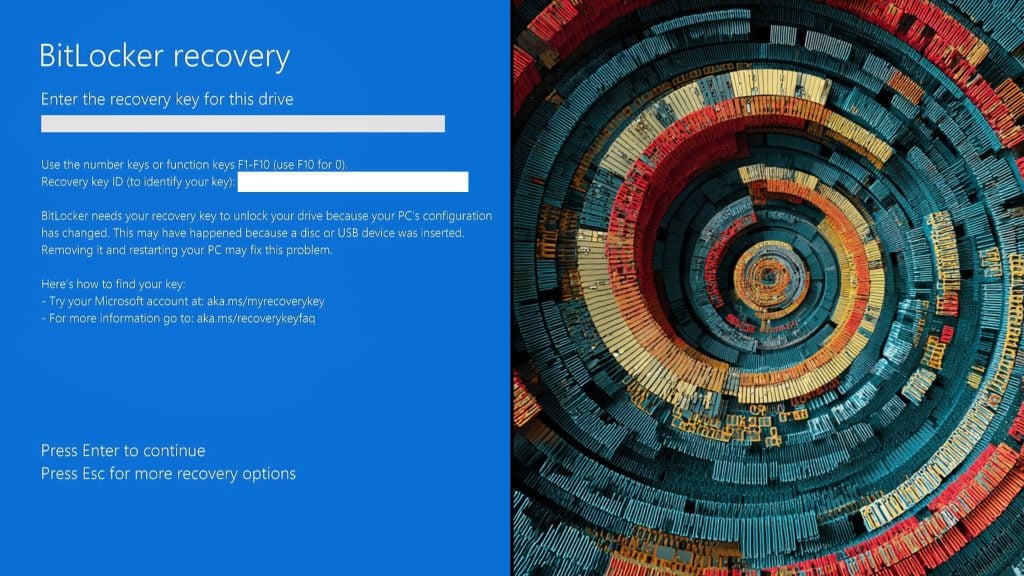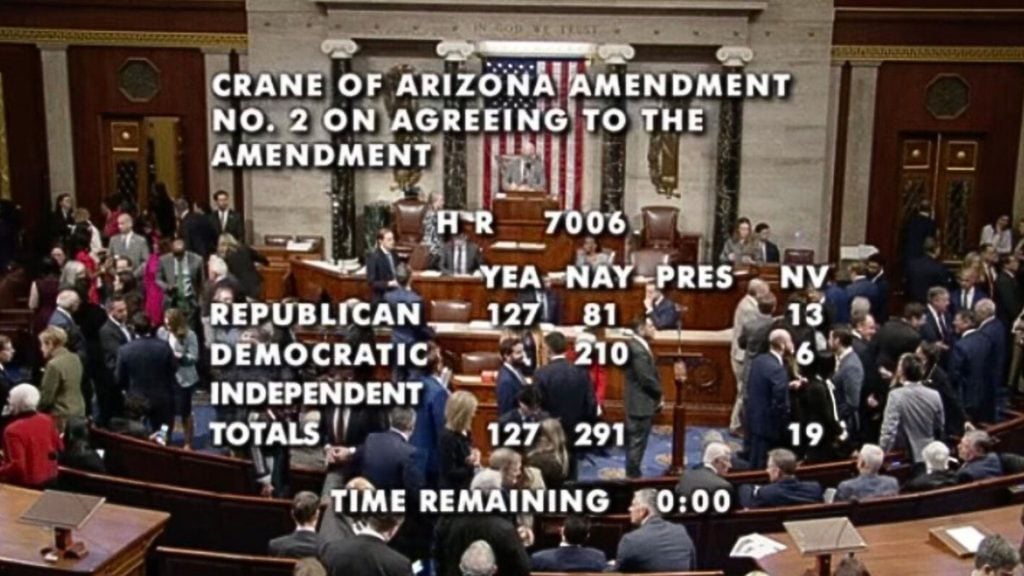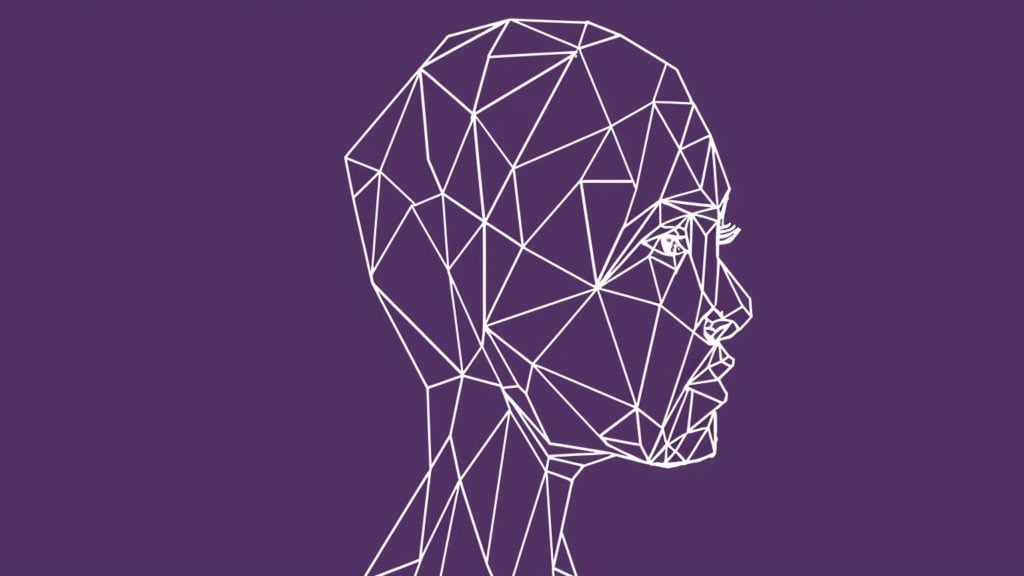During an appearance on the Today show, former President George W. Bush responded to a question about the January 6 storming of the US Capitol by lamenting the amount of “misinformation” and the “kinds of untruth” that spread online.
Bush said the events on January 6 made him feel “sick” and “ill” but he was optimistic that America would survive because of his strong belief in the institutional stability of the country. He then steered the conversation to something he finds “really troubling” – online misinformation.
“You know, what’s really troubling is how much misinformation there is and the capacity of people to spread all kinds of untruth,” the former President stated. “I don’t know what we’re gonna do about that. I know what I’m doing about it. I don’t do Facebook, Twitter, or any of that stuff.”
Click here to display content from YouTube.
Learn more in YouTube’s privacy policy.
While he stopped short of demanding that Big Tech companies take action against misinformation, Bush’s framing of misinformation as something troubling is ironic given accusations he received over his administration’s pre-Iraq War claims about weapons of mass destruction.
Bush’s complaints about misinformation while himself being famously accused of dangerously misleading claims is reflective of a growing phenomenon where those who push for a crackdown on online misinformation often fail to live up to the standards they want to impose on others.
Last month, two employees from MSNBC, an outlet that regularly complains about the supposed dangers of misinformation, spread misinformation on social media when they complained about large crowds of people gathering in Miami Beach in 2021 and used a photo from 2019 to support their complaints.
Twitter, which often touts its efforts to crack down on misinformation, and a “fact-checker” from AFP Fact Check also pushed false claims about the Colorado shooter last month.

